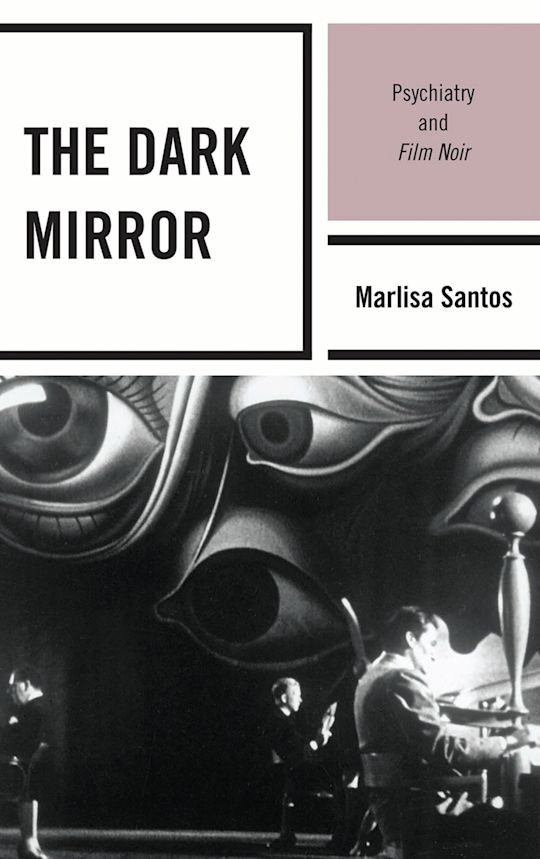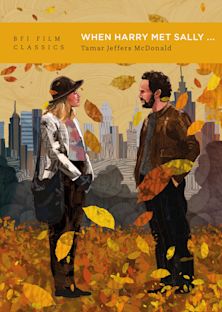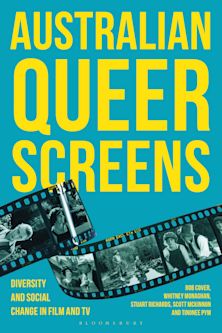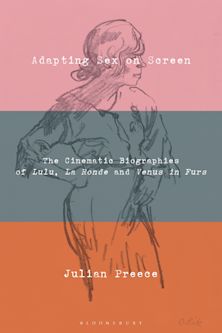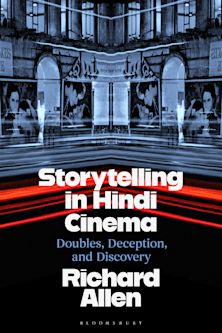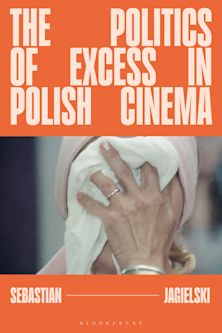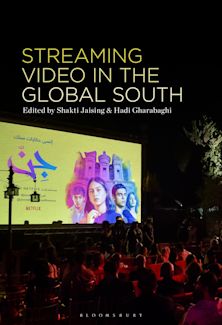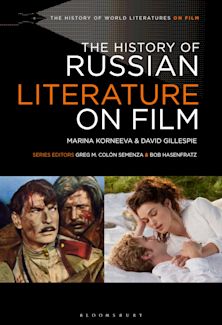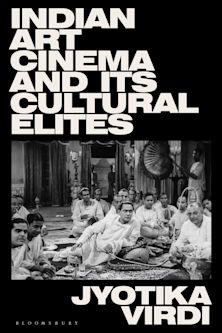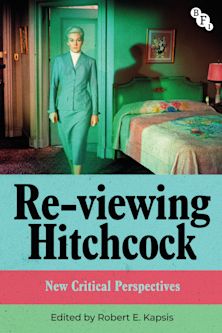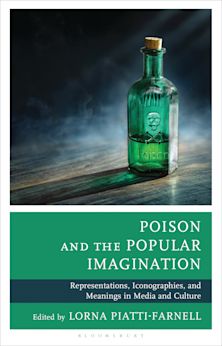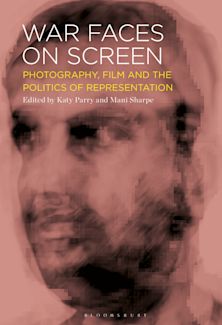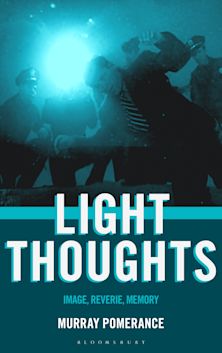- Home
- ACADEMIC
- Film & Media
- Film History
- The Dark Mirror
For information on how we process your data, read our Privacy Policy
Thank you. We will email you when this book is available to order
You must sign in to add this item to your wishlist. Please sign in or create an account
Description
The Dark Mirror: Psychiatry and Film Noir probes the meanings behind the depiction of psychiatry and psychological illness in film noir, and how these depictions contribute to an overall understanding about the noir cycle itself. In this study, Marlisa Santos examines the role that the popularization of psychoanalysis in the 1940s and 1950s, beginning with the use of psychoanalytic techniques to treat World War II soldiers, had on writers and filmmakers of noir. This popularization had a lasting effect on American culture, especially as ideas such as introspection and a morally neutral universe became status quo, and thereby became reflected in the noir series. The films analyzed in this study reveal a distillation of such ideas, a bringing to the surface concerns and fears regarding the contradictory, yet thrilling nature of psychoanalysis: the ability of a "science of the mind" to eliminate the mysteries of the human psyche and the simultaneous nature of this science to expose the fundamental unknowability of the human psyche. Indeed, Santos argues that noir itself might not have existed without the introduction of psychoanalysis into American culture.
Table of Contents
Chapter 2 Chapter 1. Noir Psychiatrists: The Good, the Bad and the Bogus
Chapter 3 Chapter 2. Noir Asylums and Treatments
Chapter 4 Chapter 3. Noir Amnesia
Chapter 5 Chapter 4. Noir Neuroses and Psychoses
Chapter 6 Chapter 5, The "Gaslight" Phenomenon: Inducing Insanity in Noir
Product details
| Published | 08 Apr 2011 |
|---|---|
| Format | Ebook (Epub & Mobi) |
| Edition | 1st |
| Extent | 204 |
| ISBN | 9780739136676 |
| Imprint | Lexington Books |
| Publisher | Bloomsbury Publishing |
About the contributors
Reviews
-
Marlisa Santos' The Dark Mirror: Psychiatry and Film Noir is a significant addition to the body of work on film noir. Drawing together the form's often unremarked fascination with psychiatrists, psychoanalysis, asylums, and insanity, Santos builds on previous scholarship to help explain why the noir world's often mannered depictions of the real, the everyday, and the conscious mind so consistently-and disconcertingly-slip into the imagery of dreams, the abnormal, and the unconscious.
J. P. Telotte, Georgia Institute of Technology; author of Science Fiction TV; editor of The Essential Science Fiction Television Reader
-
Dark Mirror provides a well-researched, convincing and necessary return to a topic that much recent noir scholarship has repressed: the inextricable relation between film noir and psychiatry in all its forms. Marlisa Santos' breadth of knowledge about classic noir is staggering and her analyses of individual films-ranging from the celebrated to the truly obscure-illuminate film noir as a veritable catalog of psychopathology. Delusion, anxiety, hysteria, paranoia, memory loss, perversion. . .without these, there is no noir.
Hugh S. Manon, Clark University









